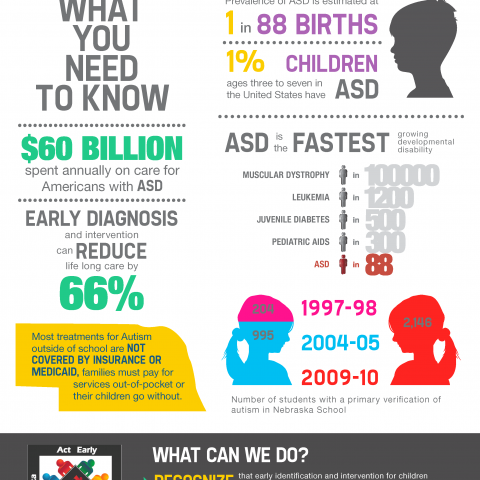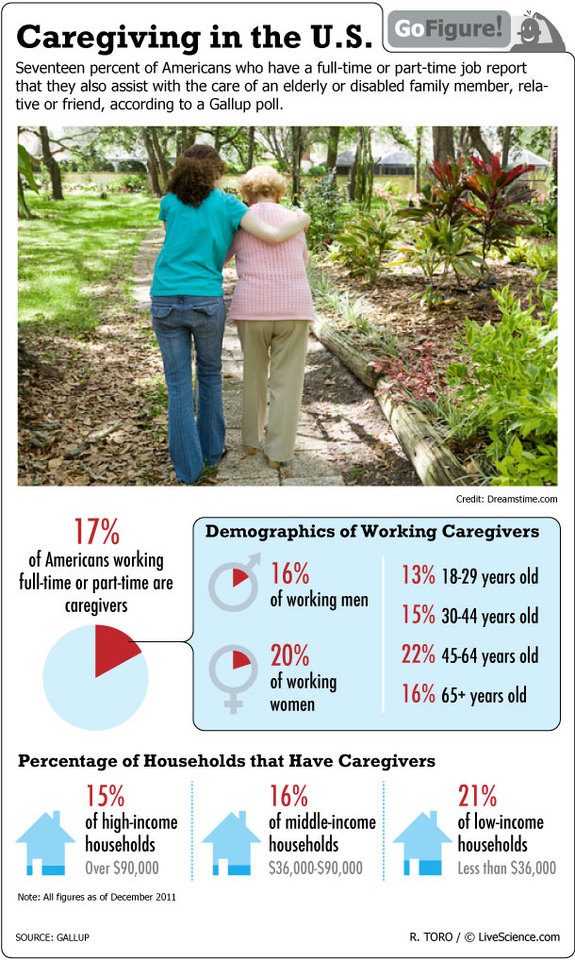With so many speech therapy activities that emphasize articulation, fluency, and pragmatic language use, pronouns can sometimes get overlooked. Does your youngster mix up his “he’s” and “she’s?” It’s perfectly normal for a young child to occasionally mix up pronouns, and remember that every child’s language development is different. The typical toddler will begin to learn more nouns and pronouns when he reaches 24 to 36 months of age. When your kidlet is 24 months old, he will typically begin to use “I,” “me,” and “you” correctly; however, it’s common to mix up the “I” and “me.” He’ll likely master it by the time he reaches the ripe old age of 36 months. But you can help encourage your child’s language development and correct his pronoun usage with at-home speech therapy techniques. Collaborate with your youngster’s speech-language pathologist (SLP) for age-appropriate techniques, and check out our suggested speech therapy activities below for inspiration.
Supporting Military Families: Resources to Take Advantage Of
Other ResourcesMilitary families face unique challenges. Every so often, you can expect to pack up and move – possibly to the other side of the world. As an Army brat who was shuttled from Heidelberg, Germany to a tiny island in the South Pacific (Kwajalein) and everywhere in between, I can vouch for the benefits of the unique experiences that living abroad provides. But because I was a kid, I also didn’t have all those adult concerns – like finding a good school or finding new speech therapy resources. And military families with special needs kids have even more on their plates to deal with. In fact, according to one estimate, about 12% of U.S. military families have a family member with special needs. Behind that uniform – the ultimate symbol of respect and authority – could be somebody who is preoccupied with trying to coax one little word out of his autistic son. Fortunately, there is a network of support for military families, and the resources listed below are intended specifically for military families with special needs kids.
Wondering How Autistic Kids Develop Language?
NewsParents of autistic kids may sometimes express frustration that it is difficult to understand what’s going on inside their children’s minds. Some autistic kids are completely nonverbal, meaning that they don’t speak at all. While speech therapy techniques can help autistic kids, we still don’t know nearly as much about autism spectrum disorder (ASD) as we should. Some people have suggested that one of the communication problems between autistic and neurotypical people is that autism has an entirely unique language all its own. This doesn’t seem too far-out when you consider that, if you’re not a computer programmer, you might have difficulty understanding the computer geek at the office holiday party who is talking a mile a minute about MySQL performance analysis with TCP/IP network traffic. (Still don’t believe me? Check out this New York Times article on Amanda Baggs, who is nonverbal, but has a “constant conversation with… (her) environment.”)
Speech therapy has definite benefits for children with autism. A speech-language pathologist (SLP) can help a nonverbal child use an augmentative and alternative communication (AAC) device. Those who struggle with articulation may benefit from Speech Buddies. But we definitely need to know more about this disorder, and researchers have risen to the challenge.
Best Resolutions for Caregivers This New Year
NewsHave you made your New Year’s resolutions yet? Many of us will start 2013 bound and determined to lose weight, de-stress, de-clutter, or get out of debt. Typical New Year’s resolutions focus on self-improvement. But if you’re the parent or caregiver of a special needs child, taking care of your own needs often takes a backseat. You’re probably too busy implementing the latest speech therapy techniques, driving your kids to occupational therapy sessions, etc. And when you’re not wrapped up in caregiver duties, you’re probably desperately trying to fulfill all of your career responsibilities – from preparing sales presentations to dealing with workplace uniforms to boost your company’s brand. And amidst that insanely busy schedule, there’s probably very little time to address your own needs. This New Year’s, resolve to take care of yourself so that you can better take care of everyone else.
Resources in California for Speech Disorders in Children
State ResourcesOne of the most critical components of successfully treating speech disorders in children is family involvement. Families are crucial; they model correct patterns of speech, use at-home speech therapy techniques, and encourage the child to practice his speech therapy lessons at home with the use of activities like the exercises in Speech Buddies University. But sometimes, being a parent is utterly exhausting. In fact, the working parent demographic was labeled as having one of the top five most stressful jobs in America. And that’s before you consider the demands of treating speech disorders in children.
That’s why you can – and should – take advantage of every federal, state, and nongovernmental resource available to your family. If you live in California, you have at your disposal programs such as: Early Start, California Community Parent Resource Centers (CPRCs), Parent Training and Information Centers (PTIs), and much, much more. And if you ever have trouble tracking down a local resource or organization, don’t hesitate to call your local school district or parent support group for assistance.





